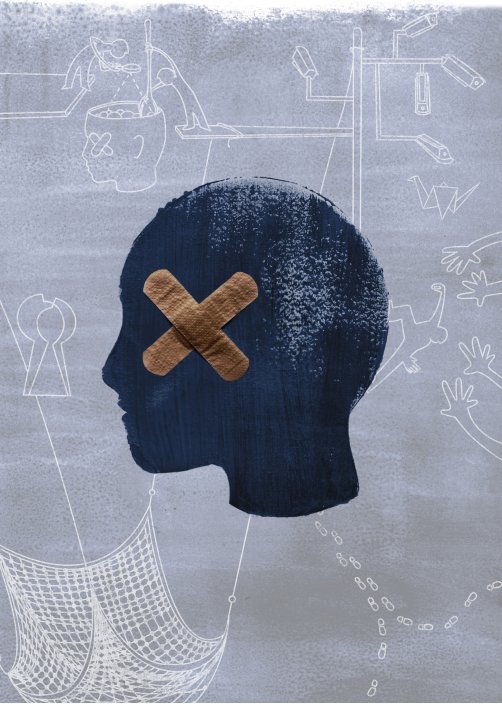Submitted by crinadmin on
When dramatic - and potentially traumatic - events occur, there is continuous media coverage which, like adults, children follow on TV, the internet and other media. When communicating such events to children, a starting point for taking care of children’s needs in such situations is to understand that they often need to know what has happened, exactly like adults do.
The news is designed for adults
When a crisis is made public, the media’s presentation of the news is aimed at adults, not children. As adults, our most important role in the wake of such dramatic events, then, is to be attentive and be good news presenters to children and young people.
Of course, the media also have an important responsibility of ensuring that children are not subjected to unnecessary focus on the most gruesome details and human suffering at its worst.
Some basic rules for how you can communicate with children in such situations:
-
Be open to the questions children have on what has happened. Questions might be on who can have carried out such a gruesome act and why they did it, and the consequences the event may bring.
-
Answer the questions honestly and truthfully, but in a manner adapted to the children’s age. The answer should focus on the child’s actual question. Avoid untruths designed to protect children, but it is not always necessary to tell everything. It can be appropriate to protect children from explicit images in the media in order to prevent children’s exposure to impressions that they may have difficulties dealing with.
-
The closer children are to those who are affected, the more probable it is that they will need to talk about it. Children must also be allowed to feel that a dramatic event does not involve them that much, if they do not know anyone who is affected.
-
Be attentive to the emotional reactions of children. They might be afraid, anxious, angry or sad, and it is important for them that adults understand how they are doing. Avoid asking children what they are feeling. Rather, mention that you think the child seems sad or anxious if you in fact think so, or speak in more general terms on how it is natural to react to such an event. Give them the opportunity to talk about their feelings if they want, but try to avoid giving them the impression that they should be feeling more than they are.
-
Children often discuss such things for shorter periods of time. They might then take what they have learned further into their own play and continue working through it there. For children, play functions as language does for adults. It is a tool for dealing with, and mastering their feelings. If the dramatic events turn up as child’s play, there is nothing to worry about initially. On the contrary, it is healthy and natural.
Warning signs
Some children may be affected more by events than other children, and react so strongly that they experience difficulties afterwards. The most important signs of this are:
-
Concentration problems
-
Sleeping problems
-
Behavioural changes in the child that indicate, for example, anxiety or aggression, as well as behavior which is perhaps more juvenile than the child’s actual age: for example, nighttime bed-wetting or being afraid to go to bed alone.
-
Nightmares about the event, or that bothersome images of the event reoccur involuntarily.
With these types of reactions it is of the utmost importance that children feel that they can talk to someone about what is bothering them. It may also be necessary to acquire professional help in order for a child to put the event behind him or her without serious long term psychological problems.

